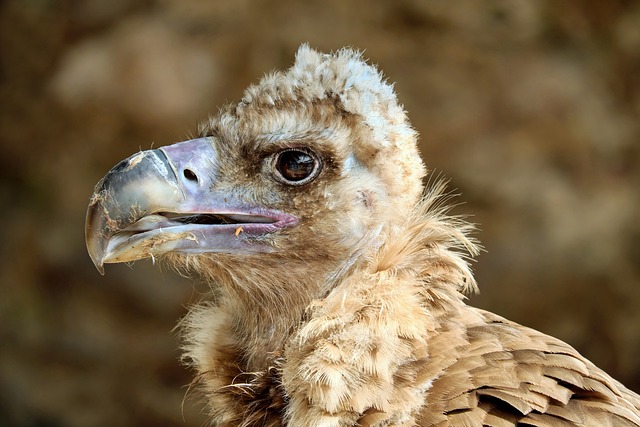Vulture conservation efforts are crucial for maintaining healthy ecosystems and ensuring the balance of various ecological processes. While vultures might not be the most glamorous or popular animals, they play a vital role in nature. Here’s why we should care about vulture conservation:
1. Scavenger Role:
- Vultures are nature’s cleanup crew. They play a critical role in consuming carrion (dead animals), preventing the spread of diseases by reducing the presence of carcasses that could attract disease-carrying organisms.

2. Disease Regulation:
- By swiftly consuming carcasses, vultures help limit the proliferation of bacteria, viruses, and parasites that could otherwise spread to humans, domestic animals, and wildlife.
3. Ecological Balance:
- Removing carcasses efficiently prevents scavenger species from becoming overly abundant and helps maintain the balance of ecosystems. This prevents one species from dominating and causing imbalances.
4. Habitat Health:
- Healthy vulture populations are indicative of a healthy ecosystem. Their presence reflects the availability of food resources and the overall well-being of the environment.
5. Cultural and Spiritual Significance:
- Vultures hold cultural and spiritual significance in some societies. For example, they’re associated with the “sky burials” practiced in some Tibetan cultures, where bodies are left for vultures to consume.
6. Tourism and Education:
- Vultures can attract eco-tourism, offering opportunities to educate the public about the importance of vultures and broader conservation efforts.
7. Indicators of Ecosystem Health:
- Vultures are often considered an indicator species. Changes in their populations can reflect changes in ecosystems, such as pollution, habitat loss, or poisoning.
8. Conservation of Keystone Species:
- Vultures’ role as scavengers contributes to the health of numerous species and habitats by preventing the spread of diseases and limiting the population growth of scavenger animals.
9. Threats to Vultures:
- Vultures face various threats, including habitat loss, poisoning (deliberate and unintentional), and the use of veterinary drugs that can be toxic to them.
10. Ripple Effects:
The decline of vulture populations can have cascading effects on other species and ecosystem functions, potentially leading to imbalances and ecological disruptions.
Conserving vultures is not only about protecting a single species but about safeguarding entire ecosystems and their functions. The health of these birds reflects the health of our environment, and efforts to protect vultures contribute to the well-being of humans, wildlife, and the planet as a whole.












